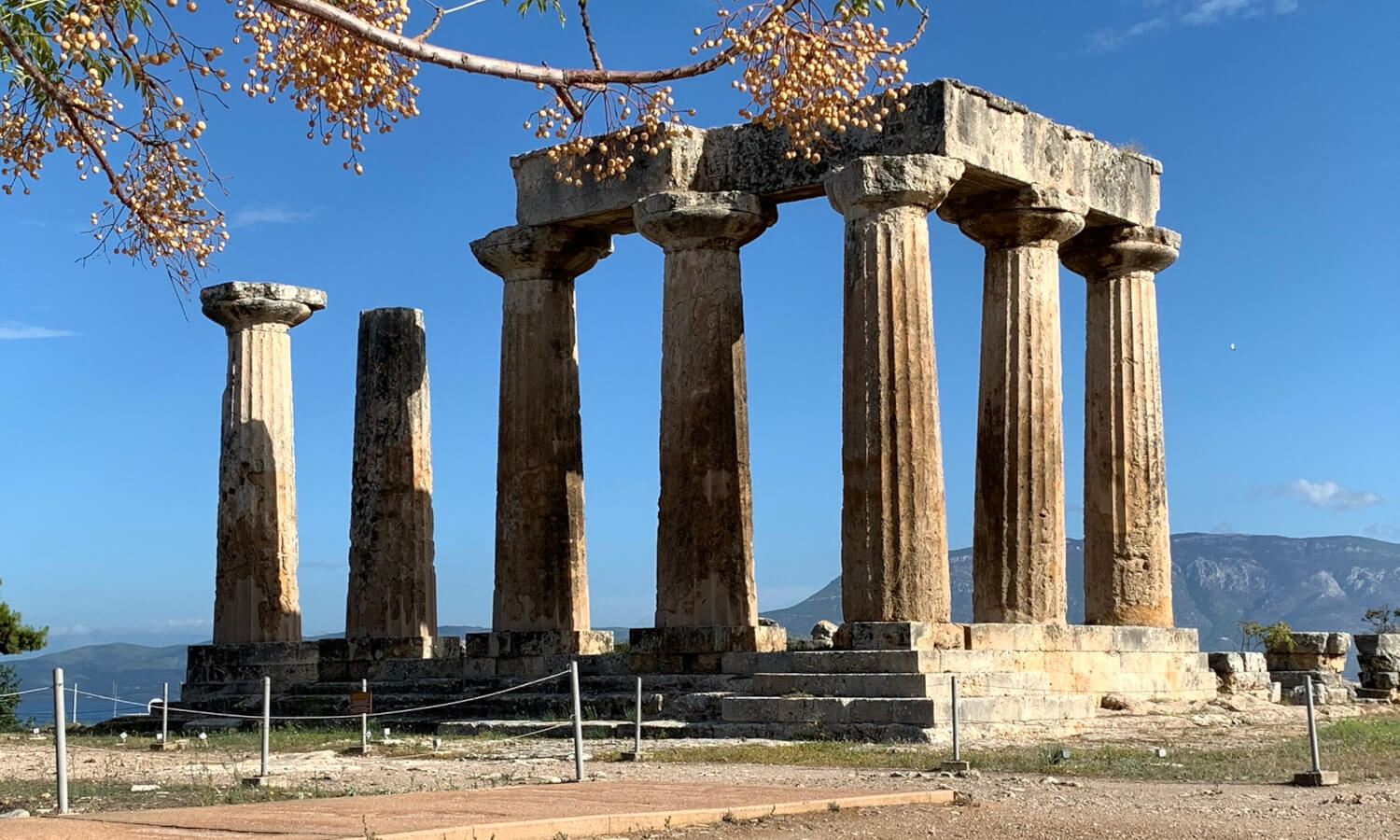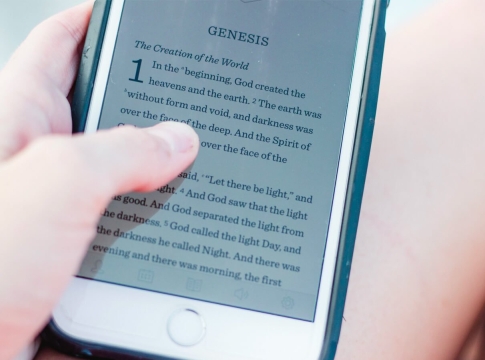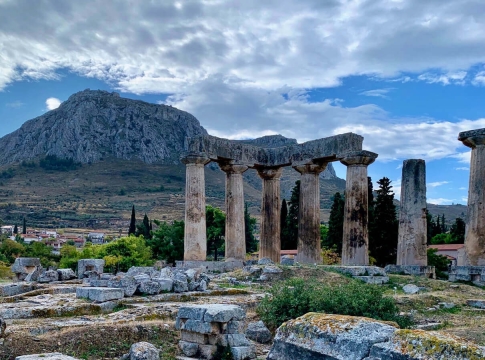
God led Paul to write a second letter to the church brothers at Corinth and throughout Achaia when he was in Macedonia, approximately 56 AD. Unlike his other letters, this one is more intimate and conveys additional thoughts that are highly pertinent.
Paul defends his apostleship in this letter. Thus, it is clear from reading his defense what priceless lessons every believer ought to remember.
- God teaches us in the midst of suffering (2 Corinthians 1:1 – 2:11)
- We are participants in the triumph of Christ (2 Corinthians 2:12 – 5:10)
- Let our lives be consistent with the message of reconciliation (2 Corinthians 5:11 – 6:13)
- Being unequally yoked generates spiritual harm (2 Corinthians 6:14 – 7:15)
- Let us be like Christ, let us be generous (2 Corinthians 8:1 – 9:15)
- Our authority comes from the merits of Christ (2 Corinthians 10:1 – 13:14)
God teaches us in the midst of suffering (2 Corinthians 1:1 – 2:11)
God taught Paul [during his suffering for the Gospel]. For instance, Christ consoled him during his suffering so that he can console others. He also discovered that he should [always put his reliance in God] rather than in himself. This was seen when Jesus persuaded the church to pardon the offending individual and chose not to visit the Corinthians after realizing it would be ineffective. We can take a lesson from all of this as followers of Christ who endure hardship for His sake.
We are participants in the triumph of Christ (2 Corinthians 2:12 – 5:10)
Paul saw that sharing the Gospel and bearing witness for Christ while being led by the Spirit rather than the letter of the law meant sharing in Christ’s victory. It becomes clear that this message is from God and that we are only clay vessels that He wishes to utilize when we share this good news with others in the midst of suffering. Like Paul, we also look forward to the day when our suffering will come to an end and be replaced with joy in Christ’s glory. We are filled with the aroma of this hope today.
Let our lives be consistent with the message of reconciliation (2 Corinthians 5:11 – 6:13)
Paul had been set free from his previous life of sin by God, who also filled him with His Spirit and made him a new creation by making peace with Himself via Christ. God carried out that act in order for Paul to spread the same good news of peace to others. He therefore made sure that his own life aligned with the gospel that he preached. As followers of Christ, we proclaim peace with God via Him and demonstrate via our own lives that we have already experienced that peace.
Being unequally yoked generates spiritual harm (2 Corinthians 6:14 – 7:15)
Paul compared the benefits of uniting with true believers with the disadvantages of taking on an unfair burden with these unbelievers because false Christians in the church denigrated him. False Christians tempt believers to sin because they are unfair and dwell in darkness. Sincere Christians promote [the giving up of sin] and continual repentance. Therefore, even if genuine Christians sometimes need to criticize us, we should be grateful that they do it for our benefit.
Let us be like Christ, let us be generous (2 Corinthians 8:1 – 9:15)
Christ performed the greatest act of charity when, as God, He took on human form and gave his life in order to save and elevate his church. Paul uses this instance to teach the church to treat the Jerusalem brothers with generosity. This instructs us to [exercise generosity] toward brothers in need, making the decision in our hearts to do so without regret or duty, much less anticipating anything in return. A believer’s heart is naturally giving; it reflects Christ’s generosity.
Our authority comes from the merits of Christ (2 Corinthians 10:1 – 13:14)
Paul was not given the apostleship by God because of his own merits (being a Jew and a Pharisee, for example), nor was it a result of any supernatural benefits he had received (visions and revelations). His legitimacy as an apostle was derived from the virtues and strength of Christ, which were manifested in his frailty and suffering (famine, incarceration, whippings, etc.). Likewise, God’s grace—the same grace that enables us to serve as his representatives in this world—gives the church of Christ its authority, not our own human accomplishments.
“My grace is sufficient for you, for my power is made perfect in weakness,” the Lord said to me. I shall thus happily boast of my shortcomings in order to allow Christ’s strength to rest upon me. Therefore, I am willing to put up with my flaws, insults, trials, persecutions, and misfortunes for the glory of Christ. Because I am strong when I am weak, according to 2 Corinthians 12:9–10.
Learn everything there is to know about the Bible at What is the Bible?





